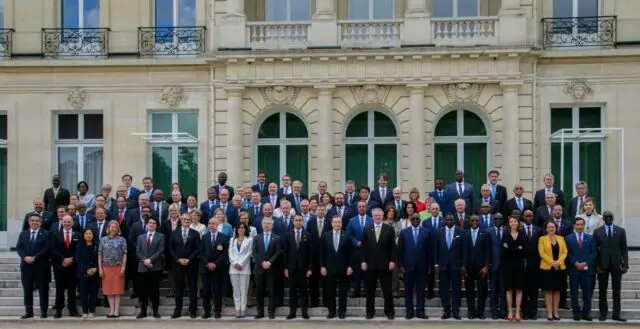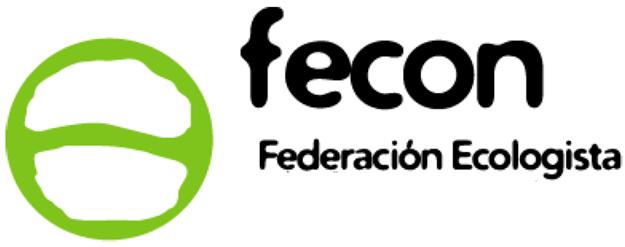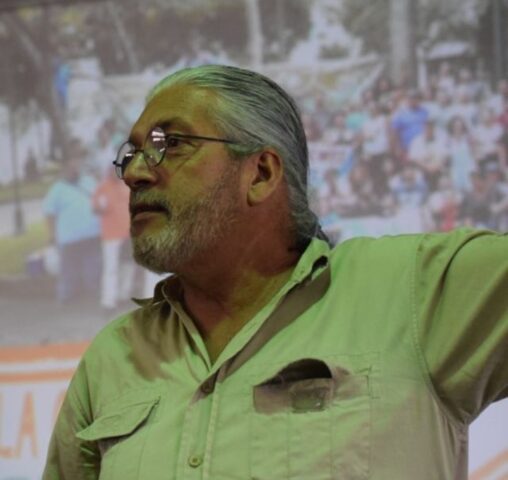On October 5, Costa Rica hosted the Organization for Economic Cooperation and Development (OECD) Ministerial Summit on Environmental Sustainability.
“Economic resilience, green and just transition” was the main theme of the meeting, which was attended by government officials from the areas of environment, trade, economy, and labor of Latin American and Caribbean countries, in addition to OECD members, international organizations, including banks, agencies and representatives of the United Nations.

The Organization for Economic Co-operation and Development (OECD) is an international organization whose mission is to design better policies for a better life; its main objective is to promote policies that favor prosperity, equality, opportunities, and well-being for all people.
The OECD is made up of 38 countries, its headquarters are located at the Châteaude la Muette in Paris (France), and it has been in existence for 62 years.

At the Summit, representatives of member countries meet to exchange information and harmonize policies to maximize their economic growth and contribute to their development and that of non-member countries.
Costa Rica has been a member since May 25, 2021.
In anticipation of such an important meeting in the Central American country, environmentalists from different organizations issued a letter addressed to the President of Costa Rica, Rodrigo Chaves Robles, to the Minister of Environment, Franz Tattenbach-Capra, and the representatives of governments and other OECD entities.
The signatories of the letter are The National Front of Struggle, which is a coordinating group of a national coalition of more than 50 organizations covering health, environment, education, labor, and other sectors.
The Costa Rican Federation for Environmental Conservation (FECON), a national coalition of 17 environmental organizations; Movimiento Rios Vivo, a regional coalition represented by approximately 25 community organizations; Movimiento Asambleas Populares; Partido Revolucionario de las y los Trabajadores (PRT); Movimiento Patriótico por Costa Rica; Unión de Trabajadores y Trabajadoras, Universidad Técnica Nacional; Buen Vivir, as well as the Comité de Vigilancia de los Recursos Naturales (COVIRENAS) del Caribe Sur; the Federación de Estudiantes de la Universidad de Costa Rica; the Asociación Talamanqueña de Ecoturismo y Conservación (ATEC) and 7 other organizations that work in different areas of the country.

The objective of the statement
The environmentalists highlighted the urgency of openly discussing what they consider to be the consequences of the neoliberal economic model and alternatives as the focus of the Ministerial Summit. This model “is destroying the planet and is a concern shared by world leaders such as the Secretary General of the United Nations, António Guterres, articulated in events such as COP27 and preparatory meetings for COP28, the UN Water Conference 2023, World Water Week, among many others”.
In the letter, the environmental citizens emphasized the gap that exists between the green image that Costa Rica projects abroad and the reality that they live within the country.
It should be noted that Costa Rica has been seen in the world as a visionary and exemplary country for conserving the environment and not having an army, a reputation deserved by its history of struggle to build a state that guarantees the common good, but in the opinion of environmentalists is now assaulted, so they denounced in the document issued to the OECD:
Mainly, the large economic and commercial interests that are destroying rivers, killing wetlands, and polluting the seas; poor water governance; the uncontrolled advance of the expansion of pineapple monoculture frontiers, which is destroying 4,000 hectares of protected wildlife areas and 16,000 hectares of wetlands. The 8,000 water extraction wells operating illegally in the national territory, which represents about 50% of the total number of wells in use in the country, a situation that does not allow monitoring of the status of water sources, or to comply with the payment for the right of use.
Similarly, they denounced that in Guanacaste the use of water for irrigation is concentrated in a few hands and they are subsidized. “The Bebedero-Tempisque basin is overexploited for the benefit of four large agroindustrial companies producing sugar cane and rice, some properties of former President Arias Sánchez”; the contamination of water sources with arsenic in San Carlos and Chlorotalonil metabolites in Cartago due to the excessive use of agrochemicals, leaving more than 9,000 people without access to drinking water and the absence of valid and concrete projects to fulfill the commitments regarding the appropriate treatment of wastewater.
They also demand that the integral protection of water as a common good, its watersheds, and strategic ecosystems (wetlands, rivers, oceans) be guaranteed from territorial self-management, strengthening community aqueducts (ASADAS) as key organizations in the social, historical, and cultural framework around water.
“We have a water governance that favors large producers, abandoning the Costa Rican tradition of supporting small-scale farmers,” they said.
Other demands include urgently halting deforestation caused by the expansion of monocultures and declaring a moratorium on pineapple expansion in Costa Rica; “and promoting an open and transparent debate on public-private alliances that consolidate corporate power at the watershed level”.
More details: Conversation with Luis Monge, member of the organization Ríos Vivos
After learning of the existence of the letter issued by the different organizations that are active in Costa Rica, we spoke with Luis Monge, who is a member of Ríos Vivos, he informed us that the letter was generated by a Commission on Water Security, “within the framework of a new initiative that has been formed, which already groups more than 53 instances, for the defense of the Costa Rican welfare state”.
The purpose of the document, according to Monge, was “a way to make visible the double standards that have characterized the country’s government on environmental issues. “However, to our surprise, an internal OECD report agreed with our proposals, questioning the country’s role in environmental management”.

Finally, among the proposals of environmentalists in general, we cannot fail to mention: to advance with the global agenda for the Rights of Nature and Rivers and the protection of the life and integrity of environmental defenders.
At TCRN we hope that discussions between the government and organizations will be held in the short term with great respect and the intention that many of the proposals or demands will be fulfilled, always thinking of the good of our environment, our country, and our planet.

